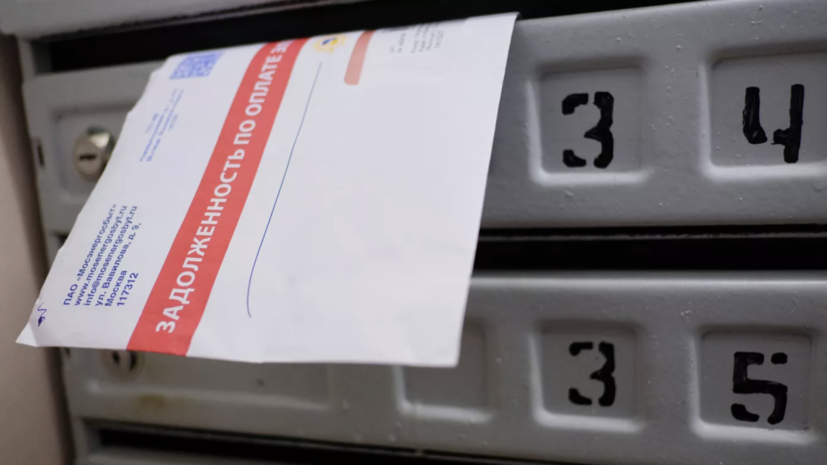In the appeal, the political scientist noted that in accordance with the current legislation, collection under the debtor’s executive documents cannot be applied to the only residential premises of a citizen or the land plot on which this housing is located.
At the same time, news often appears in the media that one of the real estate properties owned by another citizen was seized for an insignificant debt equal to one or two times the minimum wage and sold to pay off the debt at a price significantly lower than the market price.
At the same time, there were situations when the debtor, the owner of the seized apartment, learned about its sale after the fact, which became the reason for litigation, Orlov noted.
“In this regard, I ask you to consider the advisability of introducing amendments to the Civil Procedure Code of the Russian Federation and other regulations regarding the introduction of a ban on the arrest and sale of residential premises and land plots as part of collection under executive documents, if the amount of a citizen’s debt is less than 1 million rubles, in addition to the already existing ban on collection from a single residential premises, regardless of the amount of debt,” the text of the appeal says.
Earlier, RT told the stories of three Russians who were faced with the sale of apartments by bailiffs due to small debts. In almost all cases, the debtors learned about the deal at the last minute, and the real estate itself went under the hammer at greatly reduced prices.
As RT found out, there are practically no restrictions for bailiffs to arrest, confiscate and sell the property of debtors: if enforcement proceedings have been initiated, in most cases the actions of the bailiffs have to be challenged only through the court.
Read more in RT's material.

